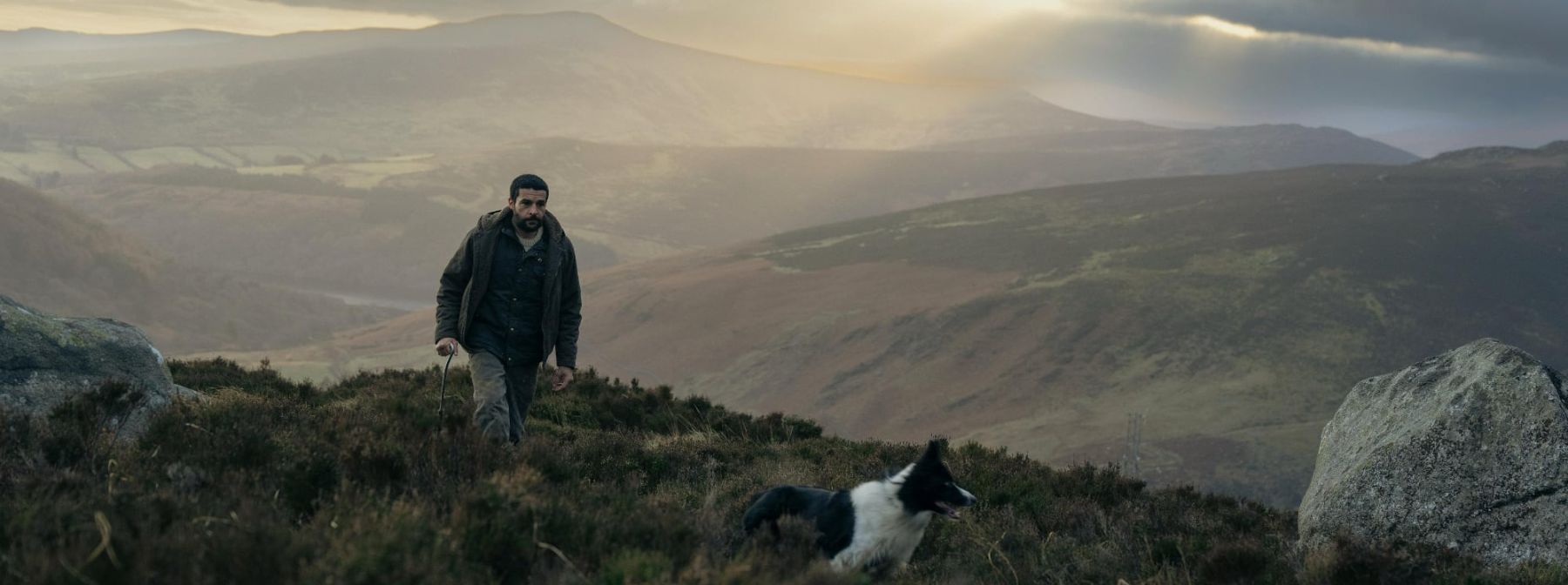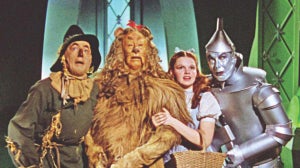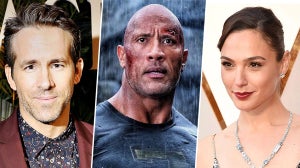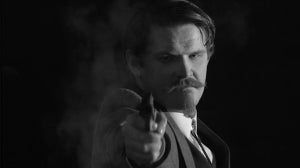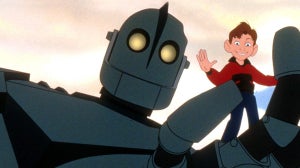
He’s previously jokingly described his work as “biblical fan fiction”, and his debut feature Bring Them Down – a dark Irish revenge thriller led by Barry Keoghan and Christopher Abbott – is no different, following neighbouring farming families who become sworn enemies after a sheep disappears.
The idea emerged as a happy accident whilst developing a far more ambitious script, as he explained to Zavvi: “I was hoping my first feature would be a screenplay I was working on, which was a bit like the stories of Cain and Abel and The Prodigal Son being smashed together in the most violent way. But one day I was working in the countryside and began talking with a shepherd who was herding his flock, and the idea of modernising the parable of The Good Shepherd came into my head.
“It was a simple thought of what would happen if a shepherd with a flock of 100 sheep came down to discover he only had 99, and how he would react to losing one; would he aim to rescue it, and would it lead to more drastic consequences? At the same time, there were a lot of harrowing news reports of gangs going around cutting the hind legs off sheep and letting them bleed out in fields; it felt like something which could be included to push that rivalry further forward.”
Andrews is an English filmmaker, and the first draft of his screenplay was set in Cumbria - financing from Screen Ireland and the initial casting of Paul Mescal (who Keoghan replaced) ensured the story was exported to a new setting. The director is quick to stress that not only did nothing get lost in translation or need to be changed, but this helped enrichen the themes he was hoping to explore.
“This was always a story about rivalries between people from different communities, but moving it to Ireland gave it a greater resonance; I found it interesting how a simple change of location improved the story, even as the conflict remained the same. There’s an added layer of subtext about the distrust between these two families, but I didn’t want to push into that too much.
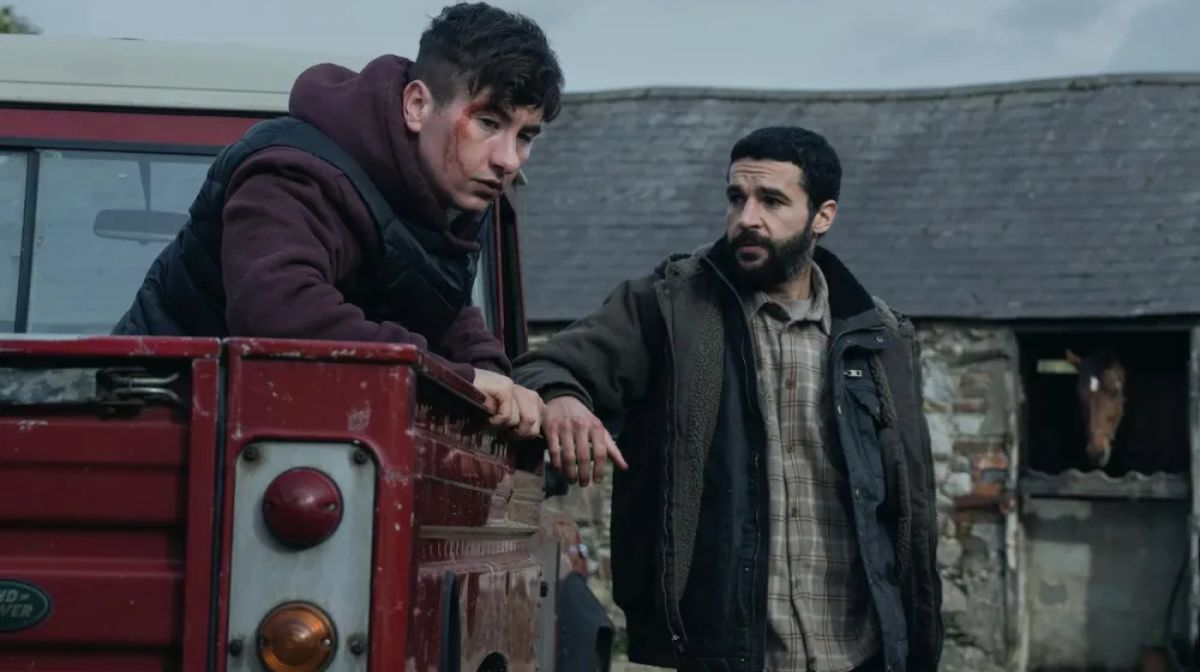
“I didn’t do any rewriting, the new setting just reemphasised the theme of cultural tensions which was already bubbling under in the text. Even outside of that, in our research phase going down the west coast of Ireland and speaking to farmers, they kept referring back to a sense of collective responsibility – you might have your own patch of land, but on areas with mountains and other terrains, you have to work together to protect everybody’s flock.
“It’s an interesting way of living and just makes it all the more interesting to introduce characters who violate that social code.”
Of course, whilst the project started as “biblical fan fiction”, you’d be hard pressed to find any trace of it in the finished product. Instead, that jumping-off point blossomed into something the director likens to a war movie, where a destructive conflict can blossom from the most unlikely of origins.
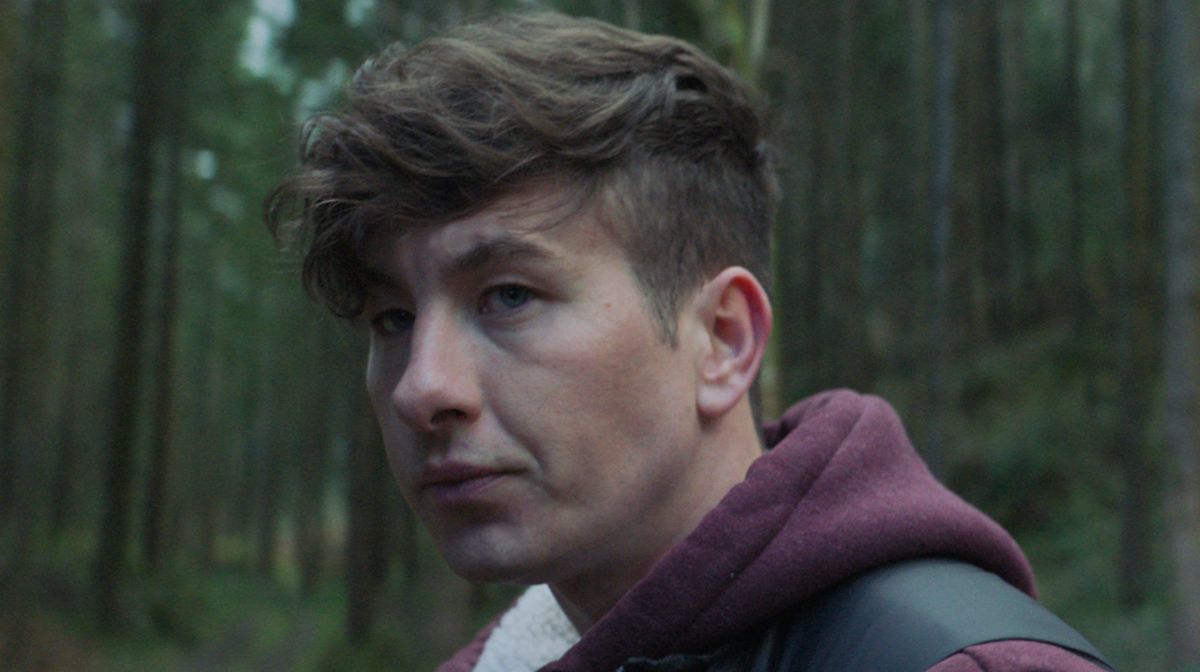
“Conflicts are created by man, and they used different ways of justifying them by using religion, or borders, using arguments about protecting sovereignty and protecting your house from your neighbour, making these big conflicts try to resonate on a small level. I wanted to explore that from a domestic level, about how a dispute about land can escalate into a full-scale war; when you look back through time, you discover that many of these causes people died for started like this, and it doesn’t make sense.
“Setting this in Ireland naturally brings parallels with historic conflicts with the English, which you can’t really escape even if the film isn’t about that. When one of the families speaks Irish and their neighbours, who are still relatively new to the community, don’t, then that will naturally come to people’s minds.”
Surprisingly, Keoghan isn’t playing the Irish-speaking farmer, with that role instead going to Christopher Abbott – an unusual choice, considering he’s an American actor who doesn’t speak the language.
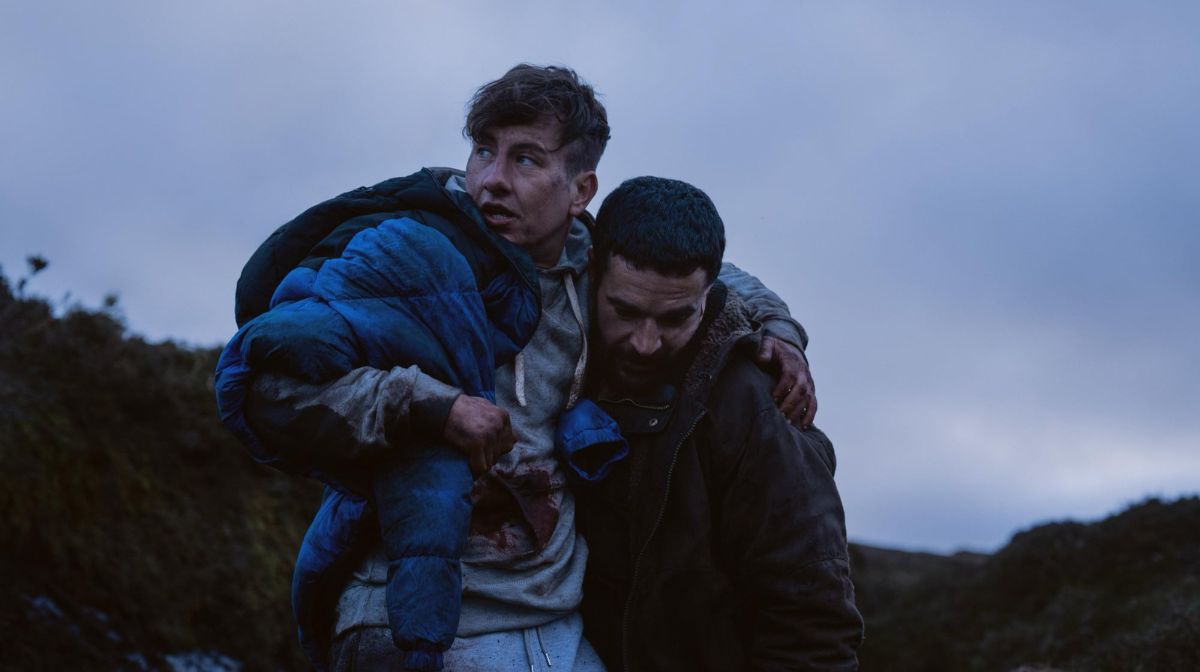
“I was in a meeting with producers who asked me who I’d like to play an Irish speaking shepherd – I said Christopher Abbott, as I love him, and nobody in the room laughed. Before we knew it, my casting director was sending him the script and asking for him to tape, and when we got it back I shared with my translator who was also working as our dialect coach, and they felt he already had a good basis for an authentic Irish accent, we just needed to work on it being more specific.
“It had to ring true to that area of the West Coast of Ireland, so we worked on perfecting the dialect and the accent of Connemara Irish. He worked for about two months getting that right, and after that, we had to spend a lot of time working with Colm Meaney, who plays Chris’s father, because whilst he speaks Irish, it’s Munster Irish, and that was actually a more difficult job.
“This was a lifelong Irish speaker who had to unlearn the Irish he knew, and during production he would be getting the two mixed up, so in many ways it was an equally difficult challenge for him as well. They both worked extremely hard, but both had unique challenges in getting there.”
After reinventing the biblical epic as a bloody revenge thriller, what’s Andrews going to do next? Well, as he was developing Bring Them Down, he was also writing a screenplay for a “northern Western”, which may now be getting resurrected – based on this, expect a genre revision so bold you won't be easily able to spot traces of the original genre.
Bring Them Down is released in UK cinemas on Friday, 7th February.
